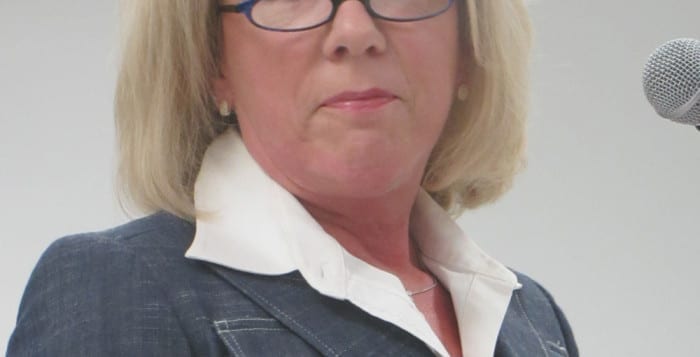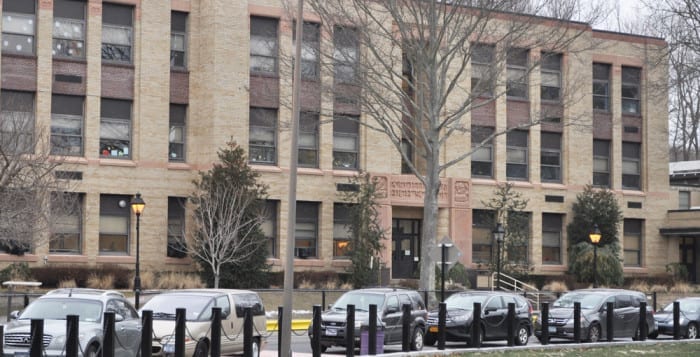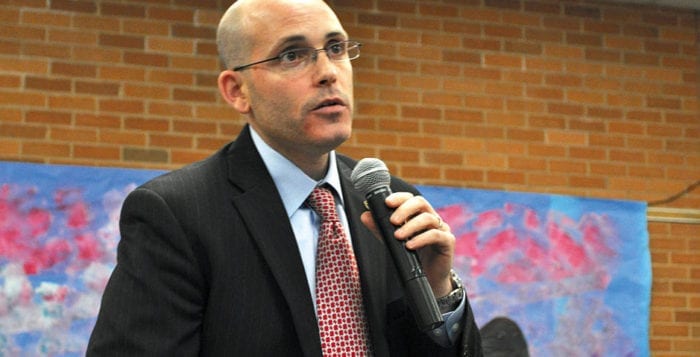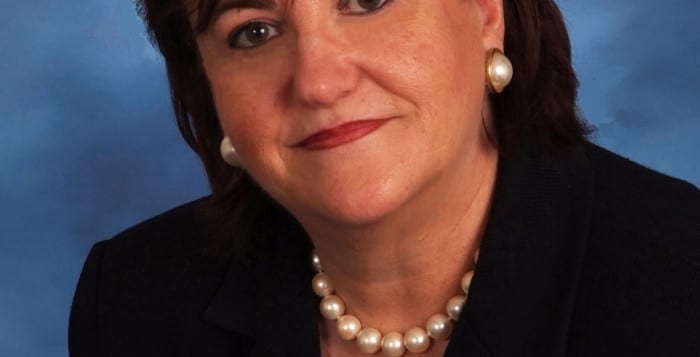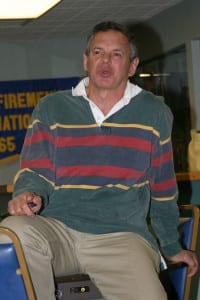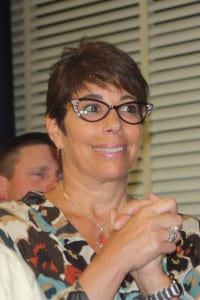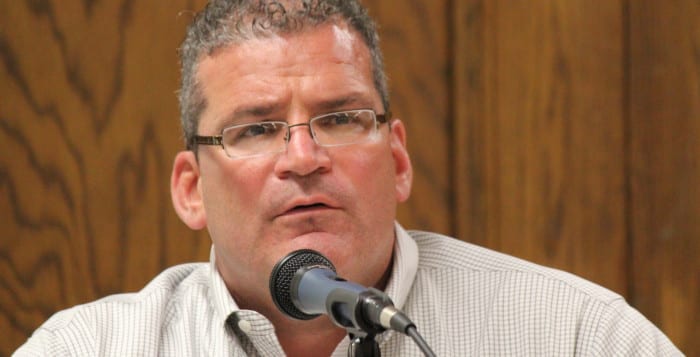As the school year winds down and students get ready to enjoy some downtime, some educators plan to spend the summer developing curriculum for the upcoming year.
The Three Village school board was brought up to date on some of those plans during a recent meeting.
Among them were the next steps for Pi, the intellectually gifted (I.G.) program and school-wide enrichment, which were outlined in a report by the district’s program review committee for enrichment.
Pi, a program that offered science and math enrichment to select fourth, fifth and sixth grade students at each elementary school, is coming to an end with this year’s sixth grade class. In the new school year, the enrichment program will expand to include all grades, kindergarten through sixth.
A pilot of the program has been running at all schools for current fourth and fifth graders and will be renamed STEM, since it will focus on interdisciplinary enrichment in the areas of science, technology, engineering and math.
“The idea behind STEM is that we integrate these things — that we break down the barriers between the disciplines,” said Gretchen Tranchino, a certified enrichment specialist at Setauket Elementary School and committee member.
According to the report presented to the school board, the enrichment program comes partly in response to a recommendation from the district’s elementary math committee. That committee noted that the math curriculum needed a support system. Schoolwide enrichment is also an acknowledgment of the national and state trend toward more emphasis on STEM subjects in school.
The decline in elementary school enrollment allowed the district to appoint a STEM teacher for each of the five elementary schools. The teachers will spend the summer months writing the curriculum, beginning with three lessons for each grade, kindergarten through sixth.
Included, as well, said Kevin Scanlon, assistant superintendent for educational services, would be a lesson to introduce the “hour of code” computer coding sequence to the second grade. He added that there is a plan to add lessons for each grade level as students move through the sequence each year.
The dip in enrollment in Three Village elementary schools has not only freed up teachers to teach in the STEM program, it has also prompted the district to shuffle some of its programs around. The I.G. program and English as a New Language (ENL) — previously English as a Second Language — which were housed at W. S. Mount Elementary School, will move to Nassakeag Elementary School.
Though next year’s I.G. fifth and sixth graders will continue at Mount, the fourth graders will begin the program at Nassakeag in the fall. The district expects the transition to Nassakeag to be complete by the 2017-18 school year.
The movement of the two student groups will balance out the populations at Nassakeag and Mount, so that both will have about 550 students by the fall of 2017, administrators say.
Low enrollment presents limitations on a school, Mount Principal Kathryn White said. Disadvantages include having only two sections per grade, which limits student groupings, and having to revolve a shared staff, which limits creativity in scheduling, she said.
An advantage to moving these two programs is that Nassakeag is the district’s “split school.” That means half of its students move on to one of the district’s two junior high schools, while the other half go to the other.
This arrangement makes sense because students in the ENL and I.G. programs also go to two different junior highs at the end of elementary school, White said.
In addition to the 21 lessons being written for the STEM program, I.G. teachers will work with the junior high math chairs on the I.G. math sequence. These are in addition to about 14 other curriculum development projects that include secondary-level math, social studies, health and foreign language courses.


